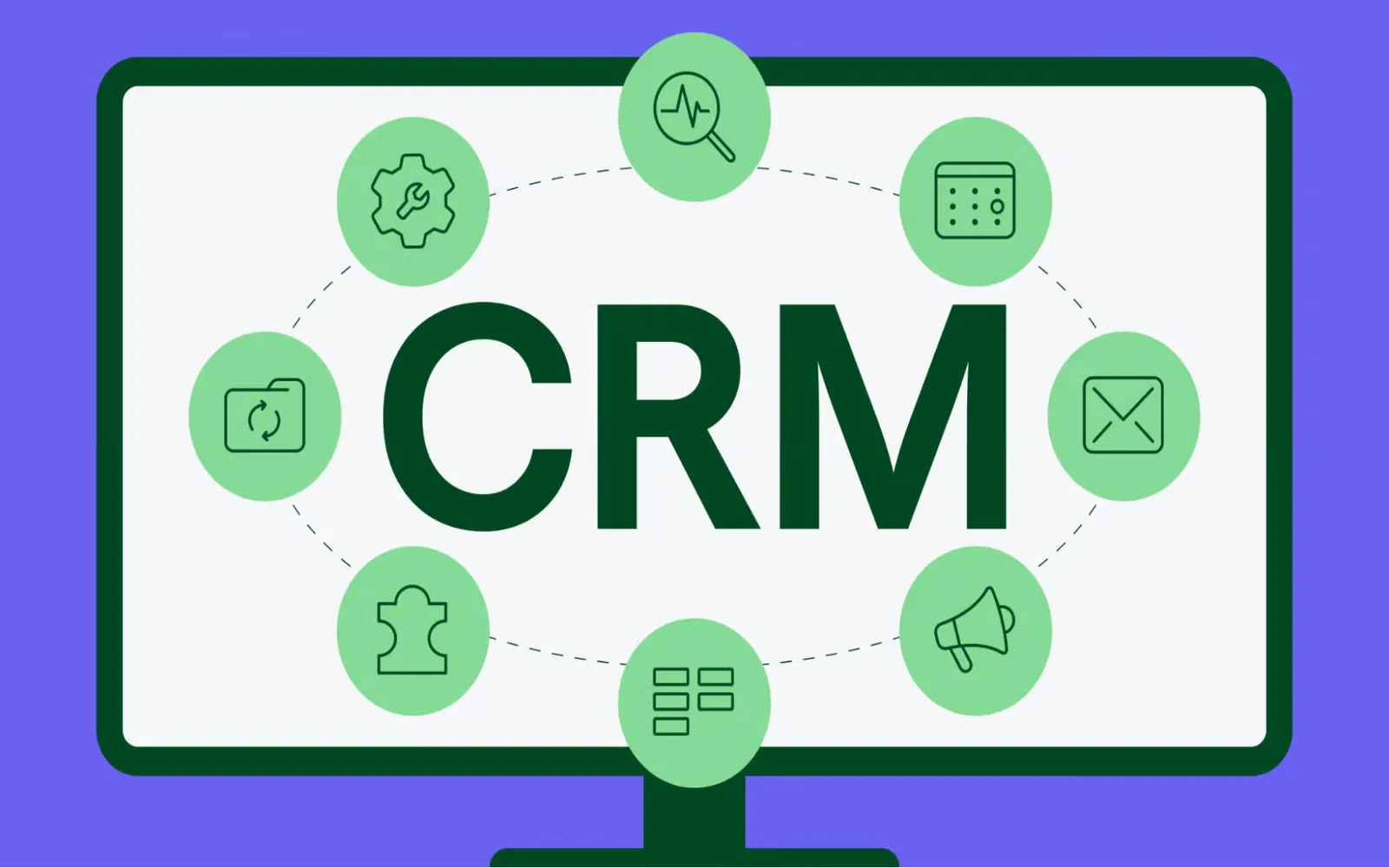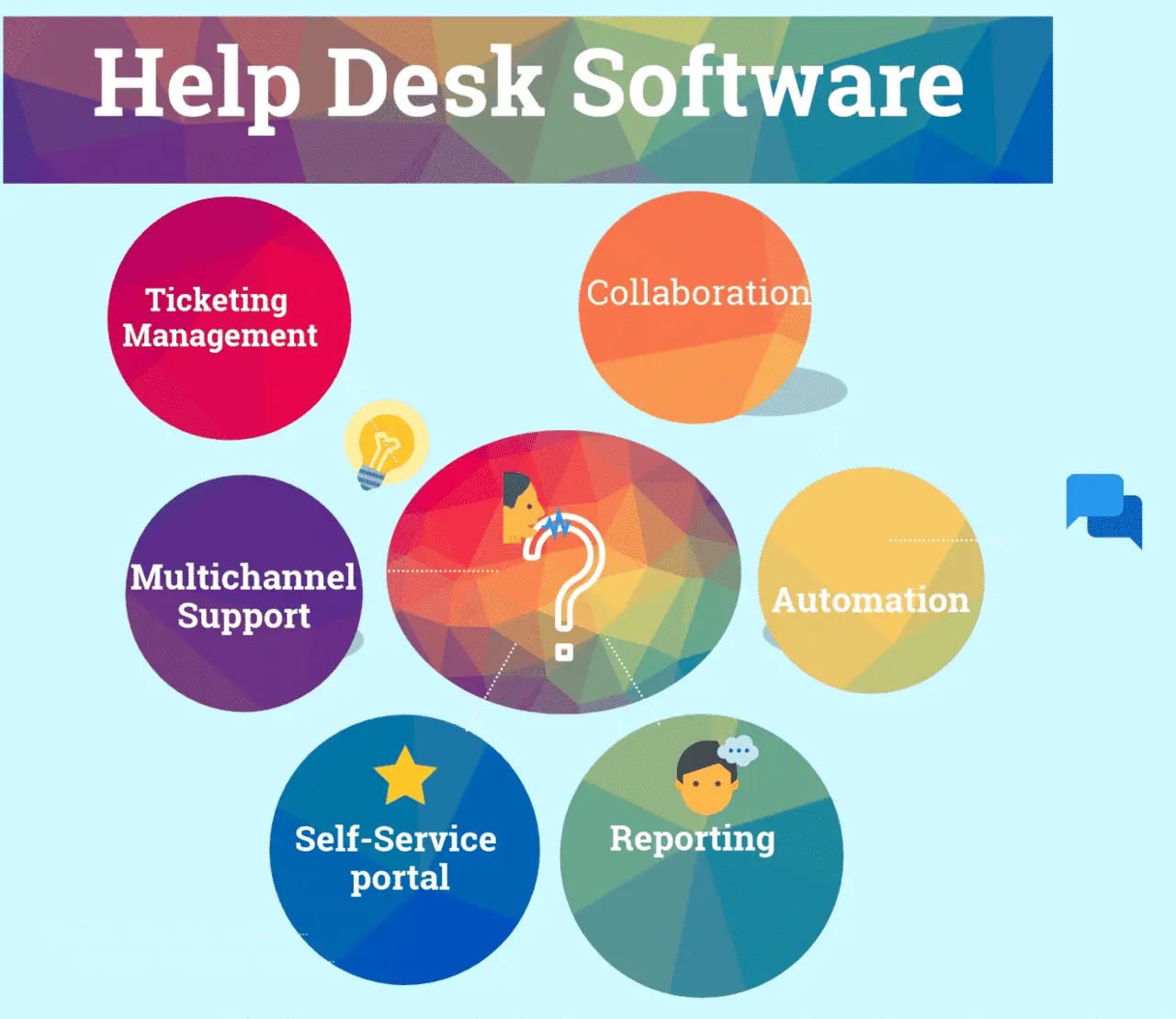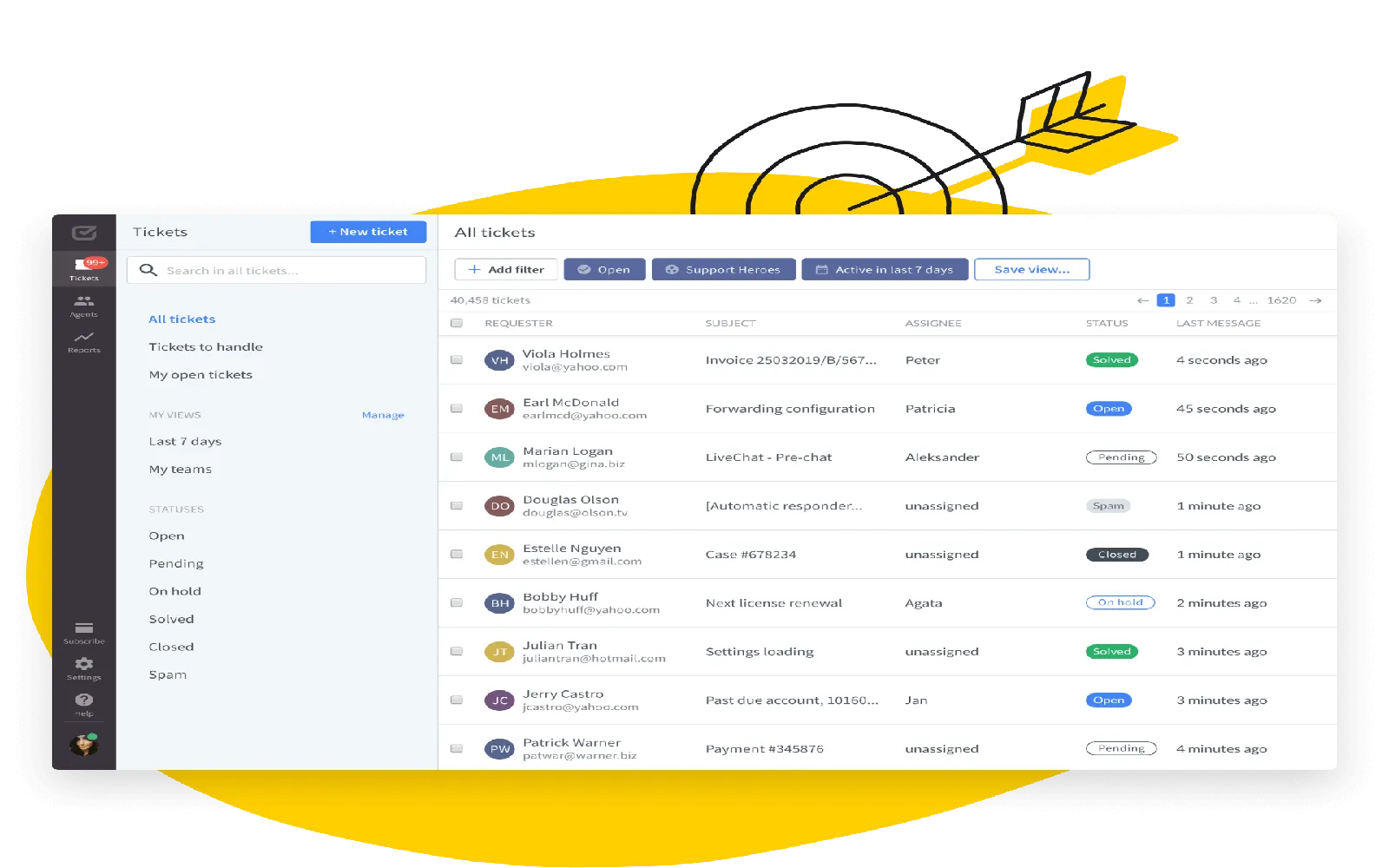Critical CRM Features That Help SMBs Win More Customers
In today's competitive landscape, small and medium-sized businesses (SMBs) are leveraging technology to enhance their customer relationships and drive growth. One of the most effective tools at their disposal is Small Business CRM Software. This technology helps SMBs manage interactions with current and potential customers, streamline processes, and improve profitability. Here, we will explore some critical CRM features that can significantly impact how SMBs win more customers.
Contact Management
One of the fundamental features of any Small Business CRM Software is robust contact management. This feature allows businesses to store and organize customer information in a centralized database. By having all relevant data at their fingertips, SMBs can easily track customer interactions, preferences, and history. This not only saves time but also enables personalized communication, which can lead to higher customer satisfaction and loyalty.
Lead Management
Effective lead management is crucial for SMBs looking to convert prospects into customers. A good CRM system helps businesses capture leads from various sources, such as social media, website forms, and email campaigns. With features like lead scoring, SMBs can prioritize leads based on their likelihood to convert, ensuring that sales teams focus their efforts on the most promising opportunities. This targeted approach can significantly improve conversion rates.
Sales Automation
Sales automation features within Small Business CRM Software can streamline the sales process by automating repetitive tasks such as follow-ups, email reminders, and data entry. By reducing the administrative burden, sales teams can spend more time engaging with prospects and closing deals. Additionally, automation helps ensure that no potential customer falls through the cracks, leading to increased sales opportunities.
Reporting and Analytics
Data-driven decision-making is essential for SMBs to succeed. CRM systems equipped with reporting and analytics capabilities provide valuable insights into sales performance, customer behavior, and marketing effectiveness. By analyzing this data, businesses can identify trends, track performance against KPIs, and make informed strategic decisions. Comprehensive reporting tools also help SMBs measure the ROI of their marketing efforts, allowing them to allocate resources more effectively.
Customer Support and Service
Providing excellent customer support is vital for retaining customers and driving repeat business. Many CRM systems include features that enable SMBs to manage customer service inquiries efficiently. This can include ticketing systems, help desks, and integrated communication channels. By resolving issues quickly and effectively, businesses can enhance customer satisfaction and build long-term relationships.
Integration Capabilities
Another critical feature for Small Business CRM Software is integration capabilities. A CRM system that can seamlessly connect with other tools and platforms—such as email marketing software, accounting systems, and e-commerce platforms—can significantly enhance operational efficiency. This interconnectedness allows SMBs to create a unified view of their customer interactions, making it easier to deliver a consistent experience across all touchpoints.
Mobile Access
In an increasingly mobile world, having access to CRM data on the go is essential for SMBs. Mobile CRM features allow sales and support teams to access customer information, update records, and respond to inquiries from anywhere. This flexibility ensures that teams can remain productive, even when they are out of the office. Additionally, mobile access helps businesses respond quickly to customer needs, further enhancing customer satisfaction.
Customization Options
No two businesses are the same, and Small Business CRM Software should reflect this uniqueness. Customization options allow SMBs to tailor their CRM systems to suit their specific needs. This can include customizing fields, creating unique workflows, and setting up personalized dashboards. By adapting the CRM to their processes, businesses can ensure that they are getting the most value from the software.
Affordability and Scalability
For SMBs, cost is always a consideration. Many CRM solutions provide tiered pricing models that allow businesses to choose a plan that fits their budget. Moreover, choosing a scalable CRM system ensures that as the business grows, the software can grow with it. This flexibility means that SMBs can start with basic features and expand to more advanced capabilities as their needs evolve.
Conclusion
Incorporating a Small Business CRM Software with essential features can empower SMBs to win more customers and foster lasting relationships. From contact and lead management to sales automation and robust reporting, the right CRM system can be a game-changer for small and medium-sized businesses. By investing in these critical features, SMBs can enhance their operational efficiency, improve customer satisfaction, and ultimately drive growth.
Explore

How SSDI Attorneys Help with Social Security Disability Claims

Comparing Medical Alert Devices: Features and Pricing

Best CRM Software for Small Businesses in 2025
Unlocking Success: The Essential Guide to Real Estate CRM for Agents and Brokers

AI-Powered Help Desks: Predictive Support and Security Built-In

How to Donate Your Car to Help a Cause

Top Help Desk Software Solutions for Business

Top Online Therapy Platforms for Depression Support
